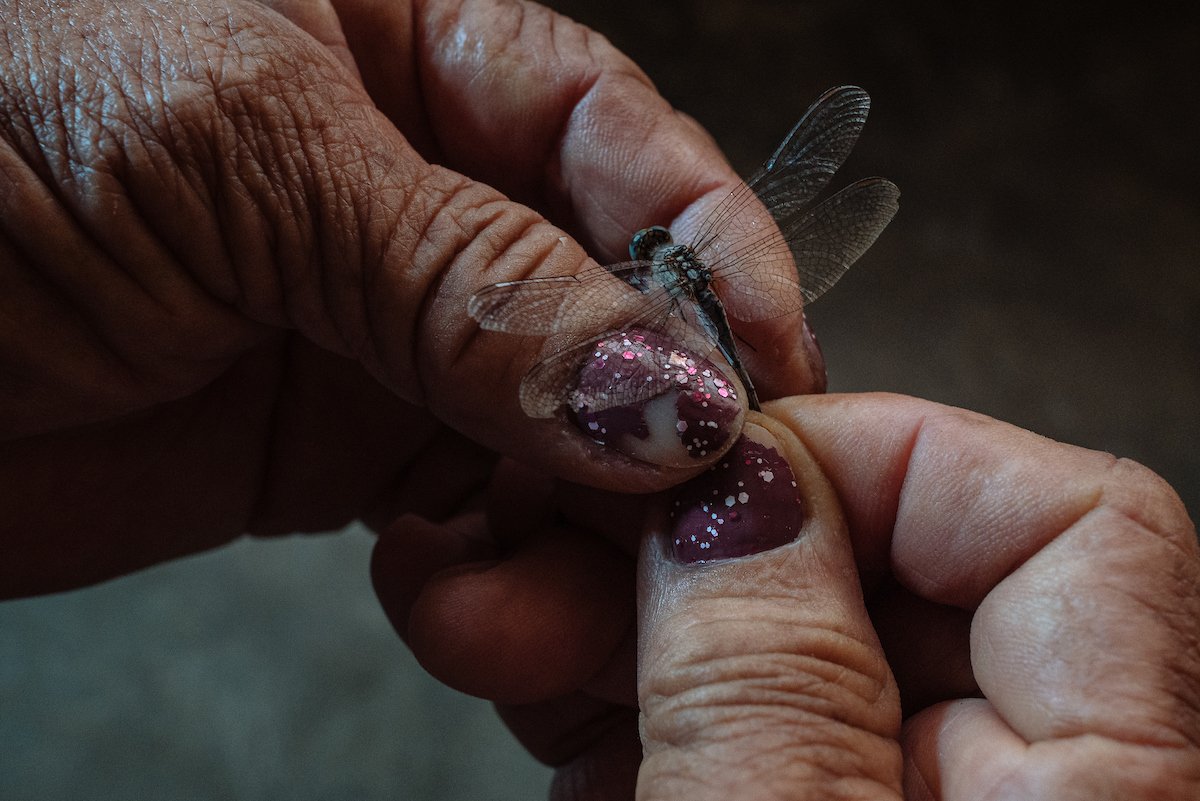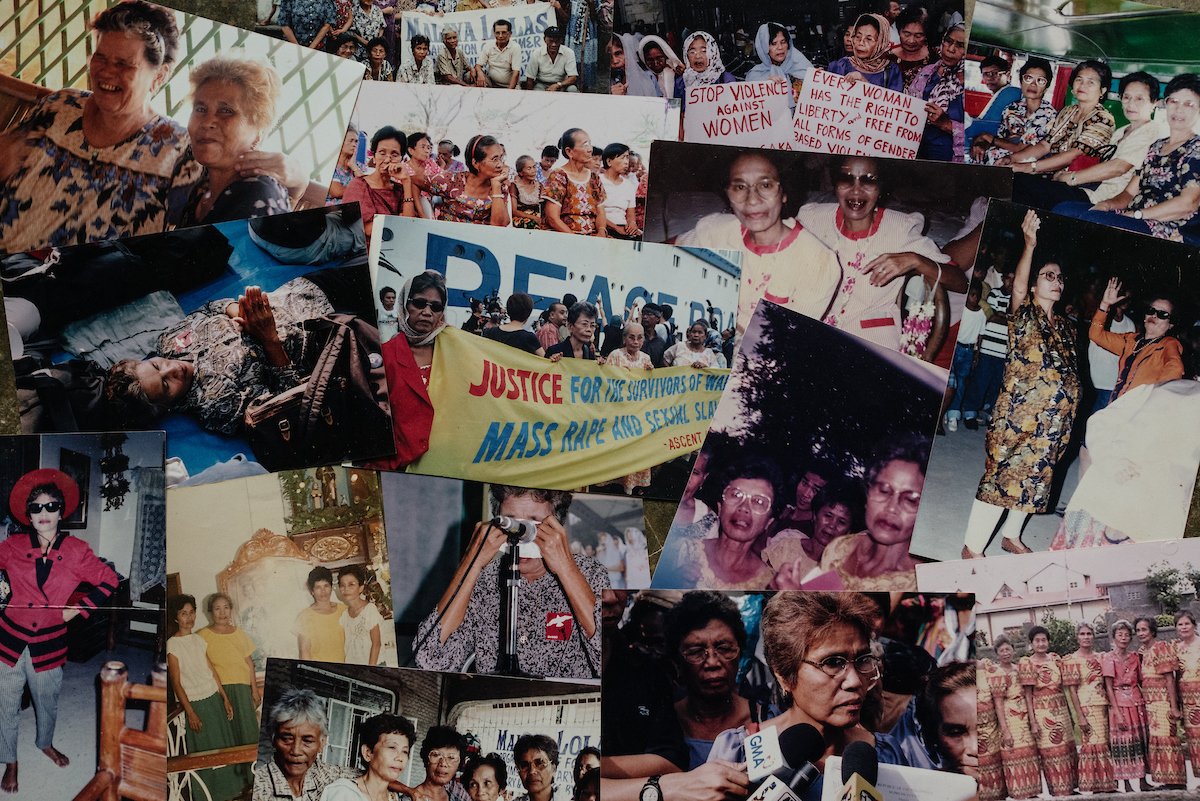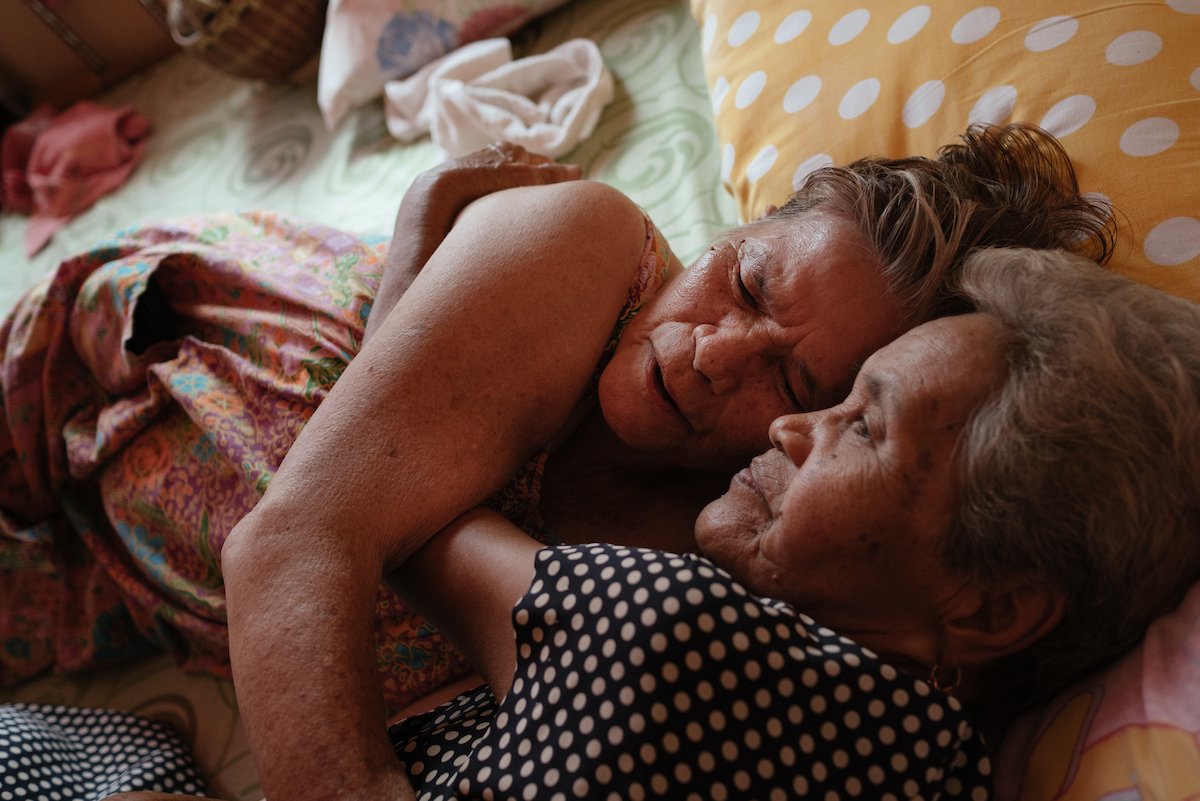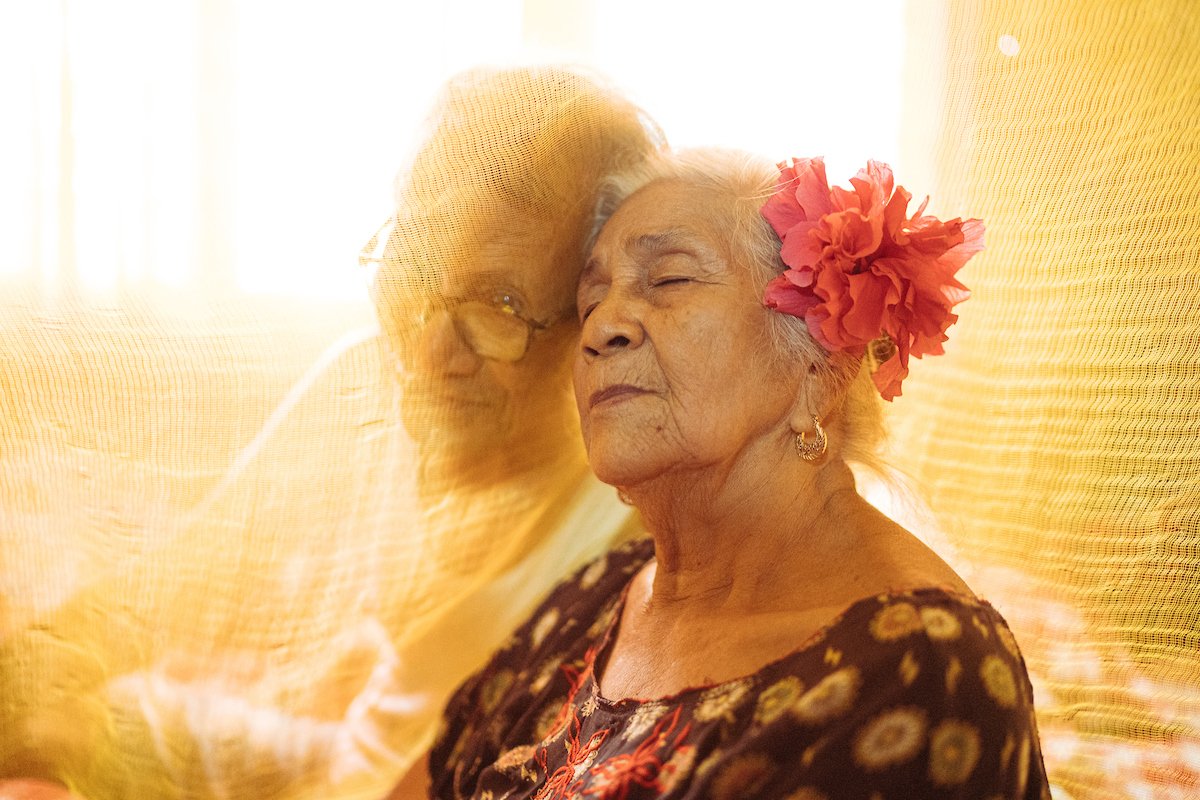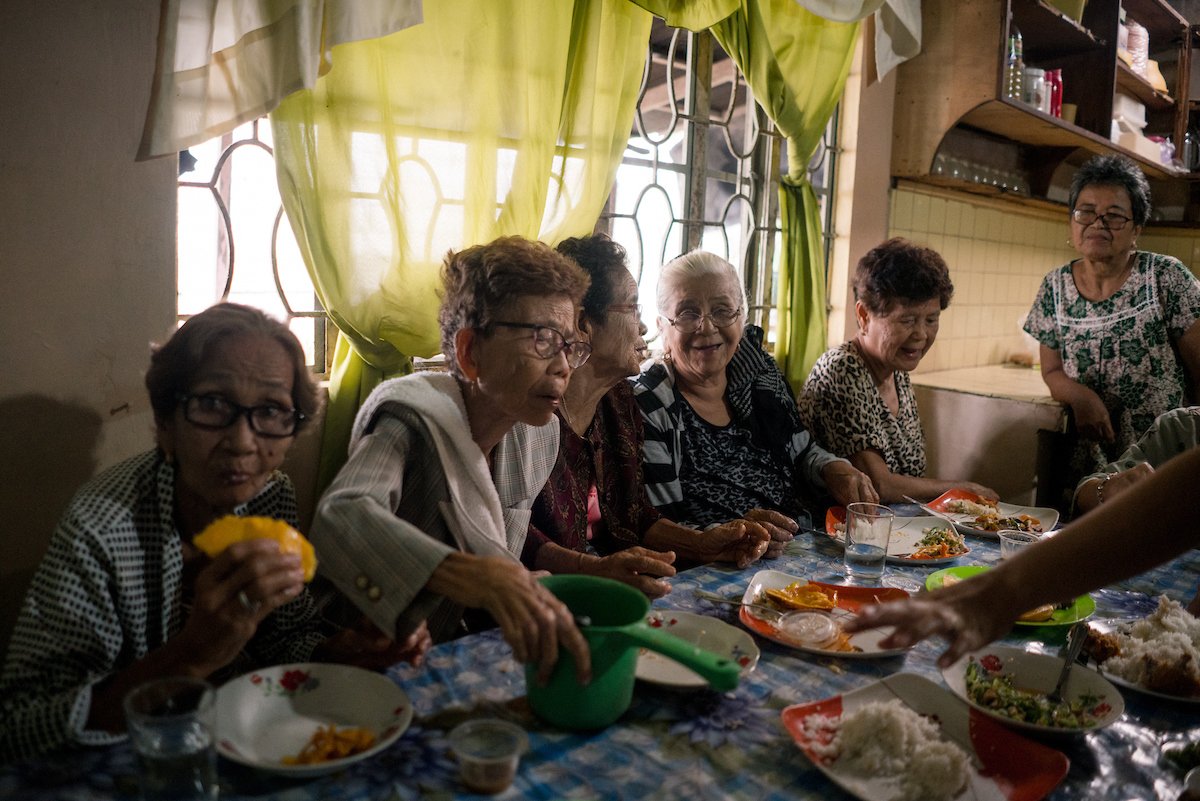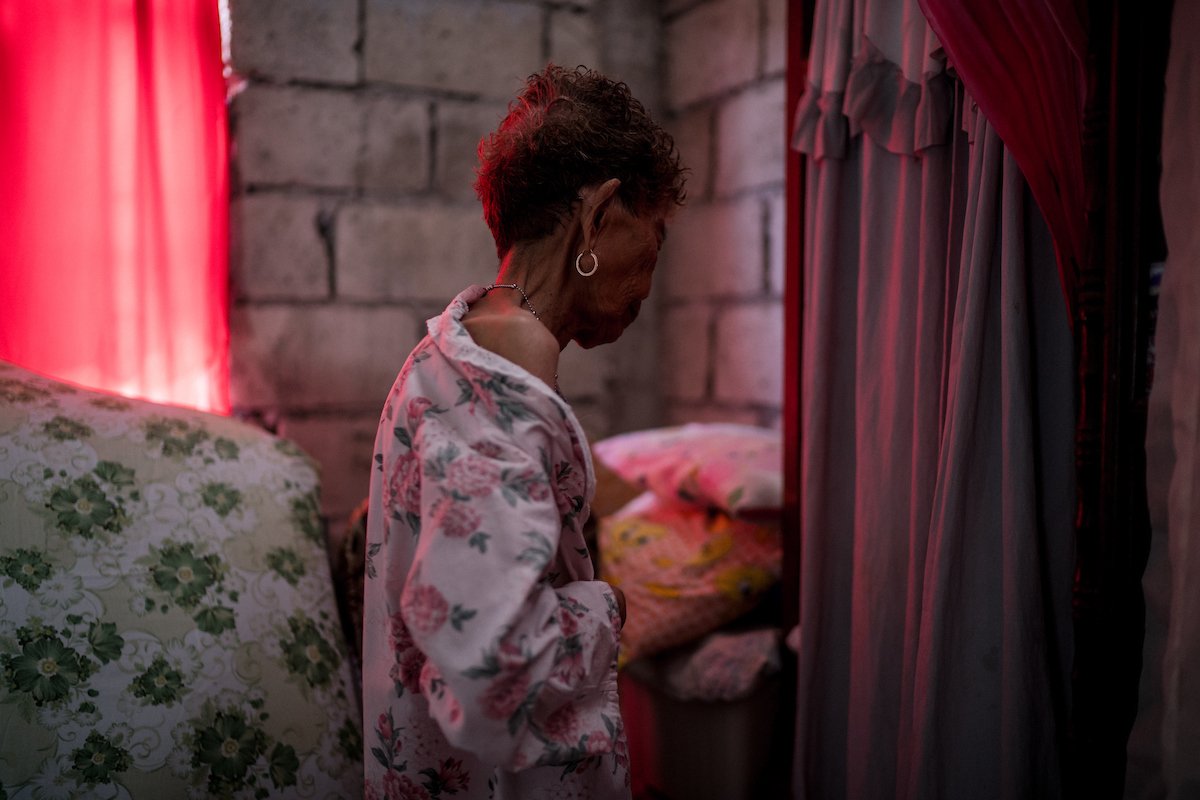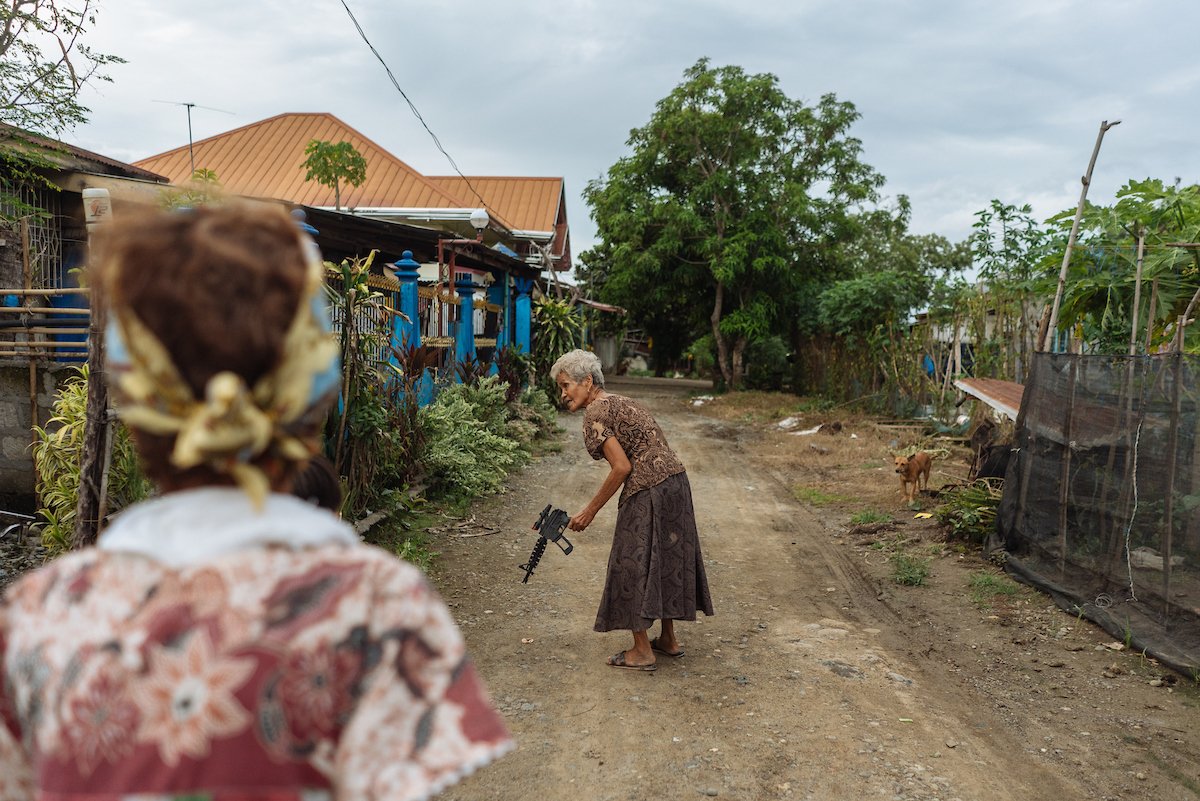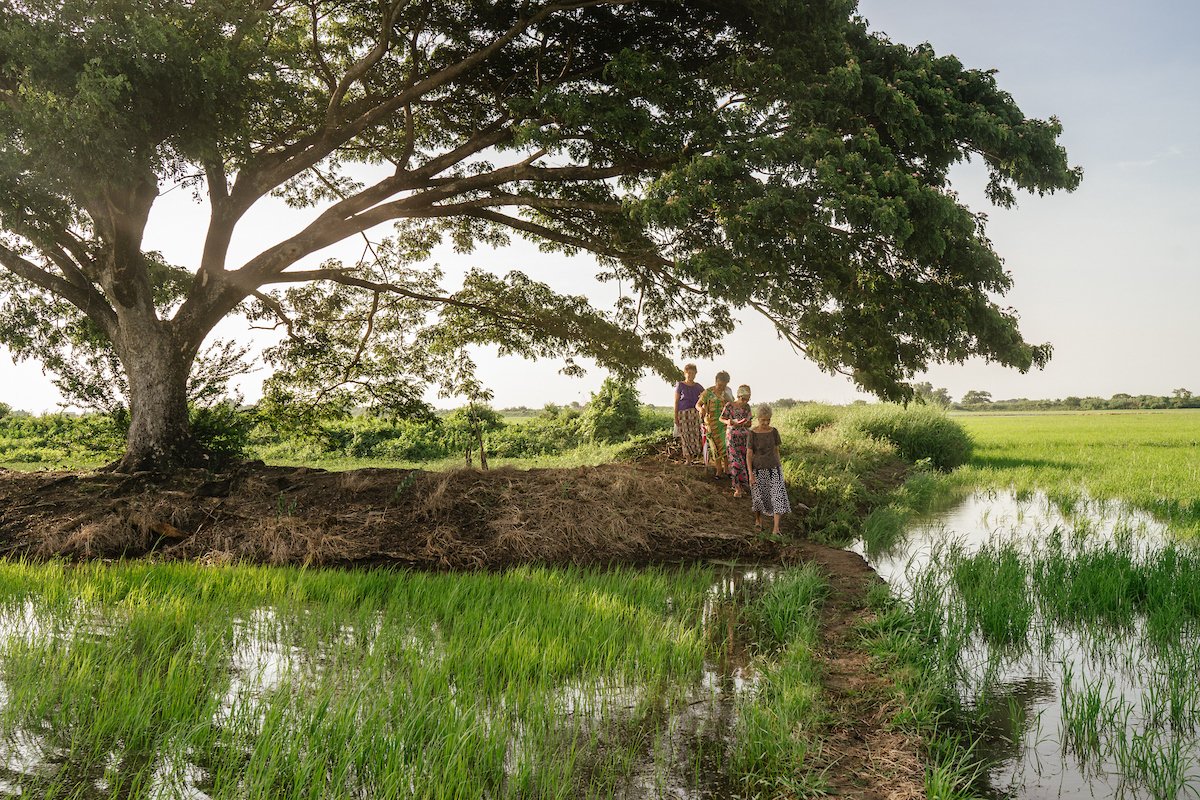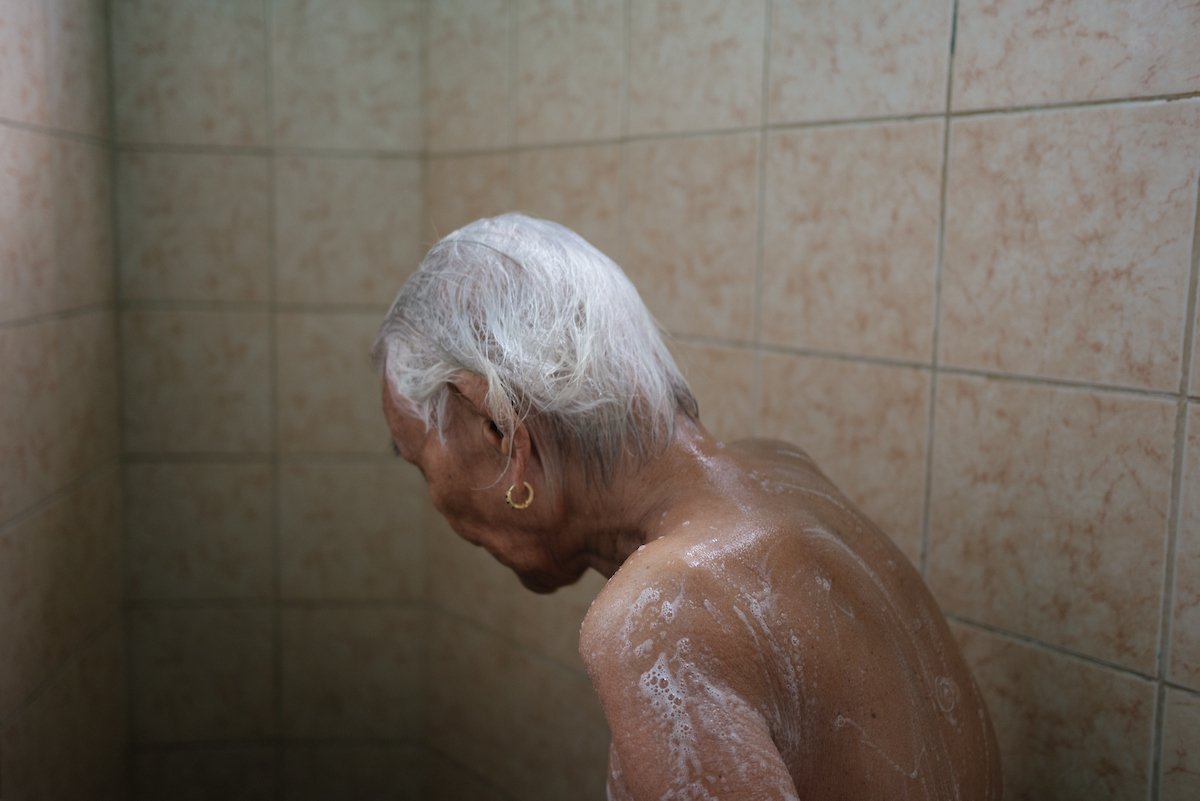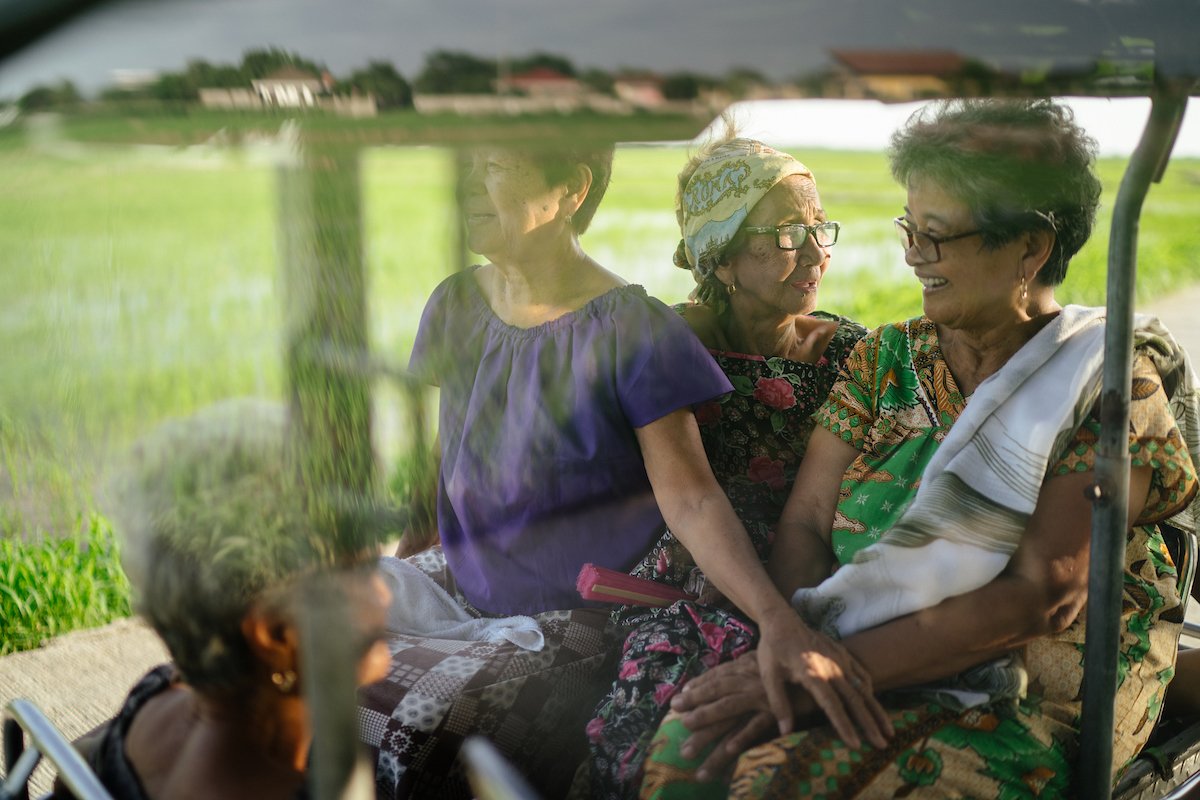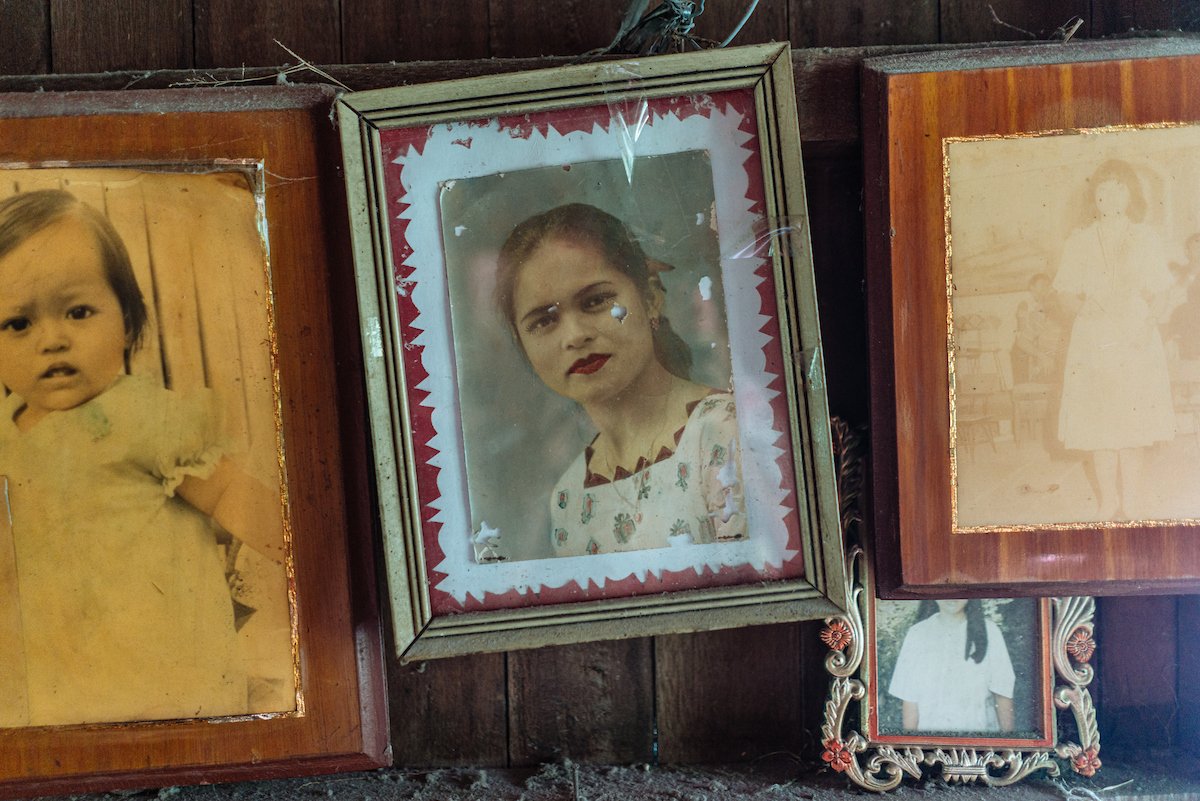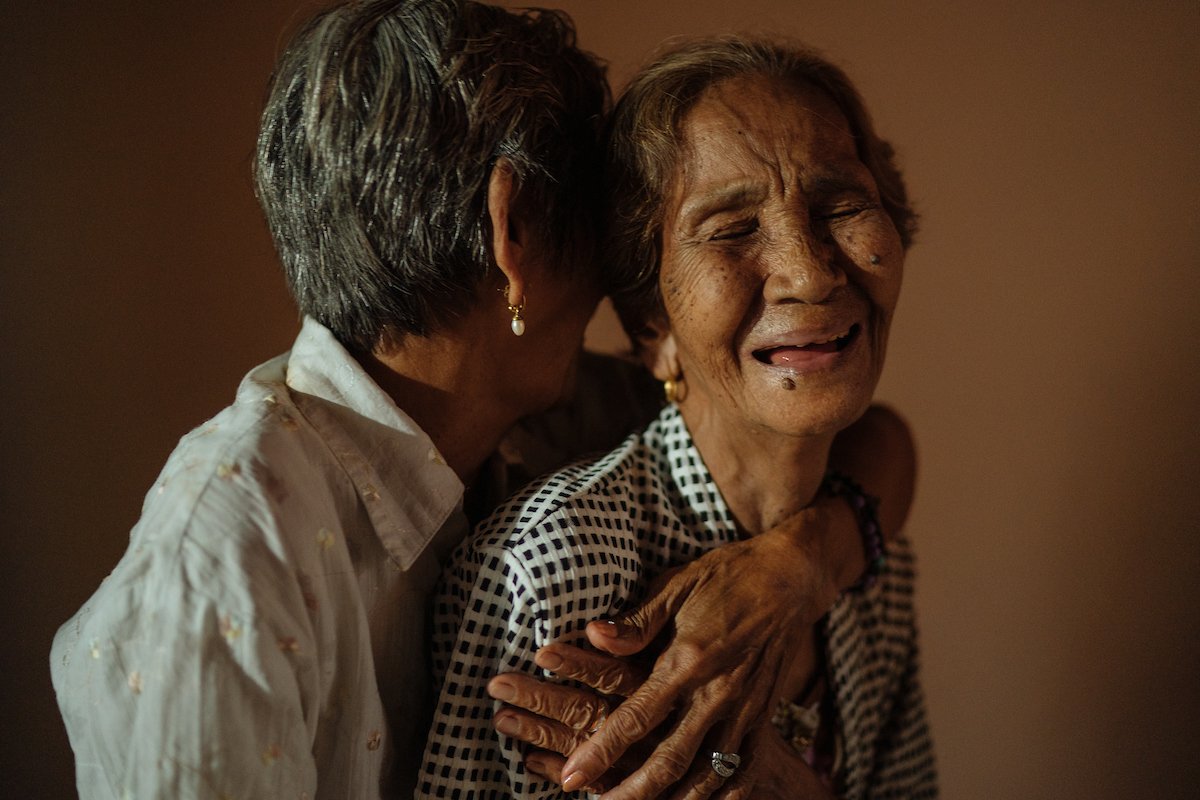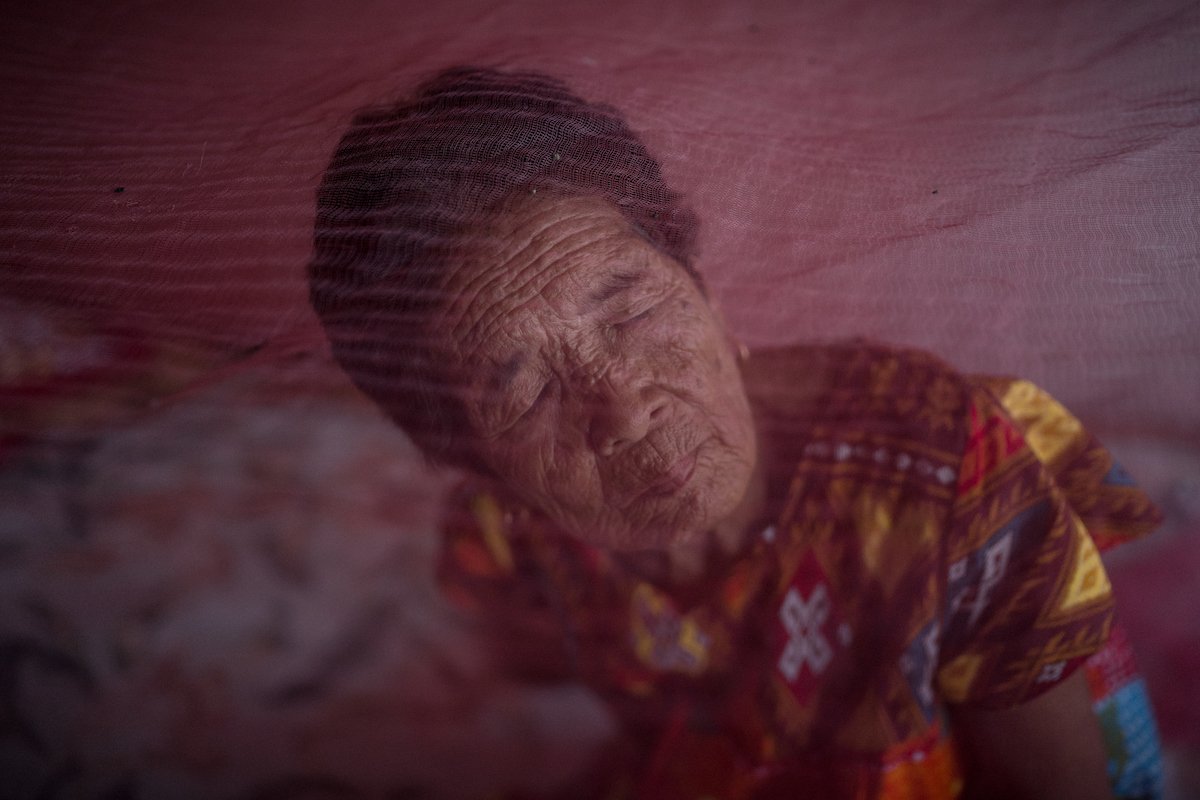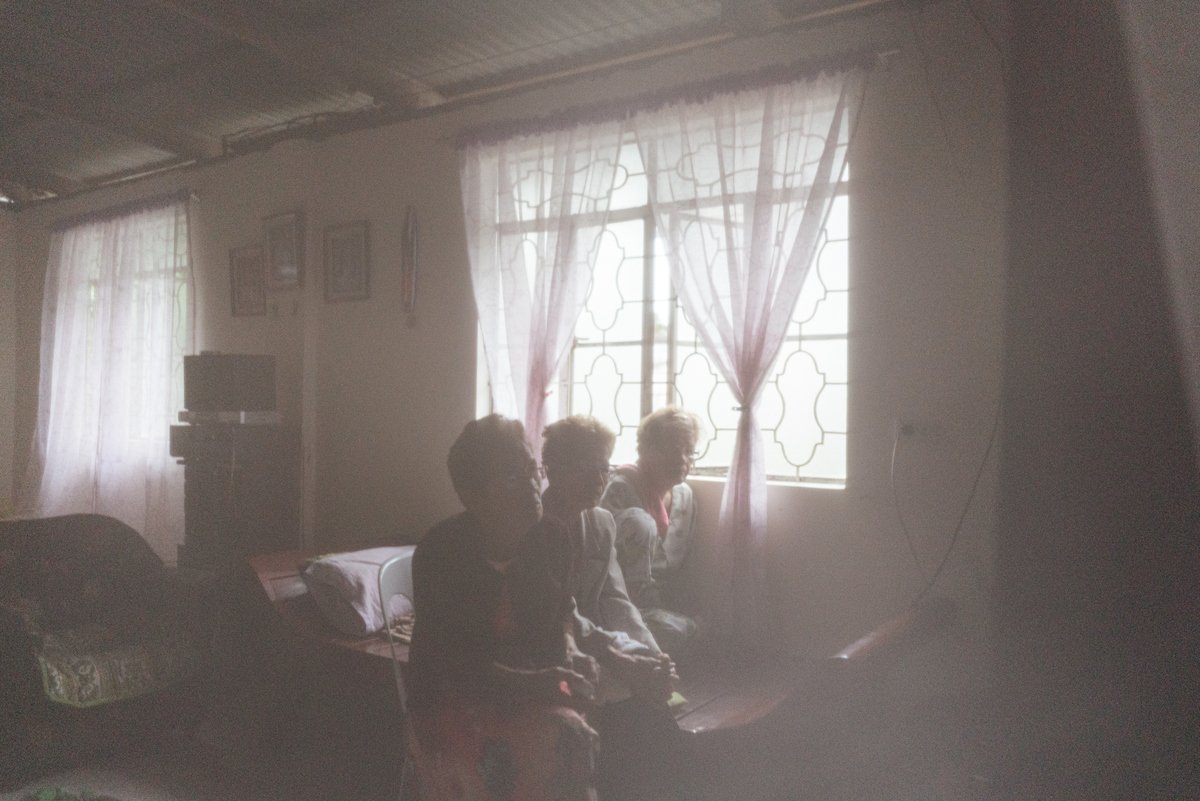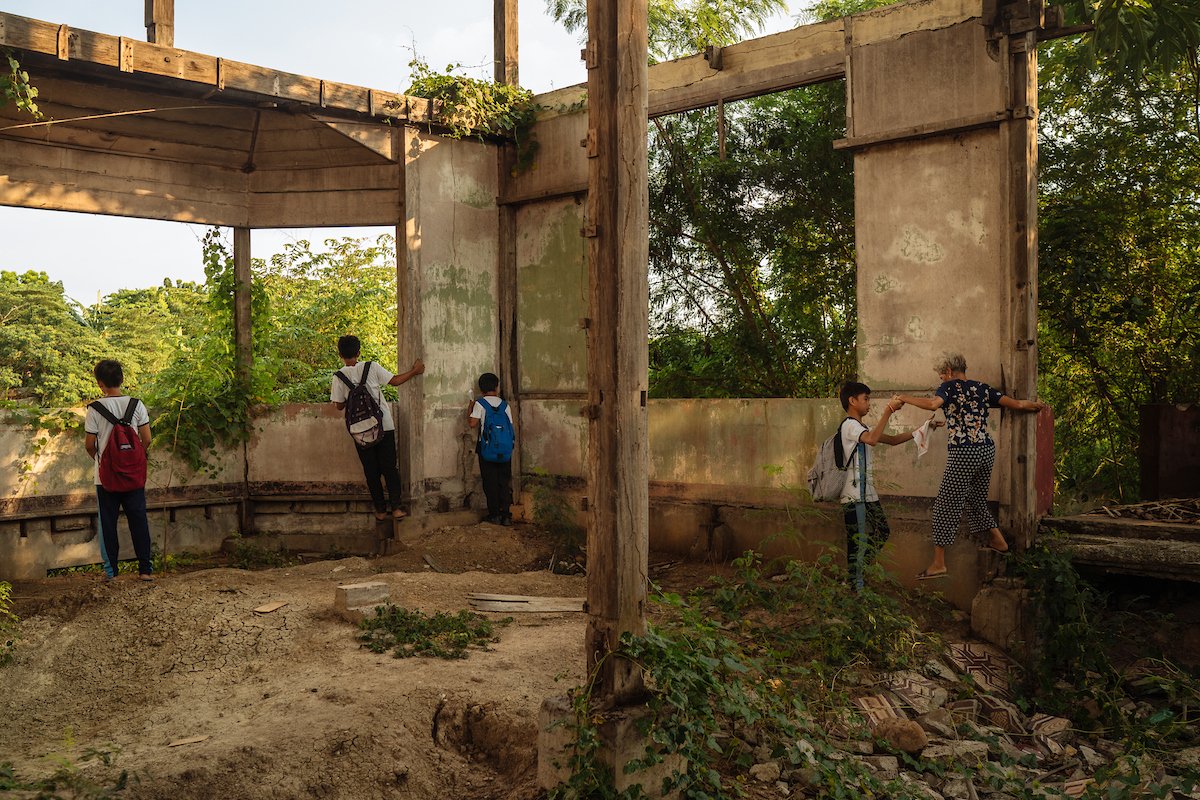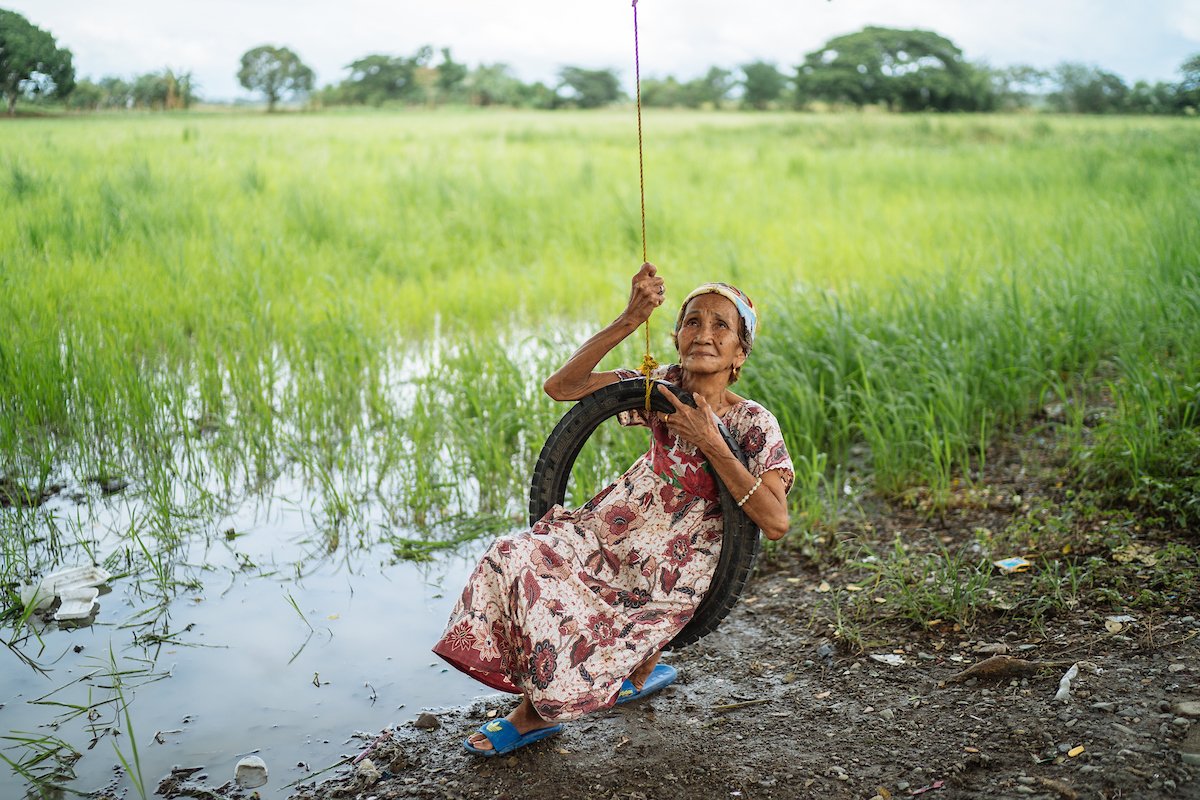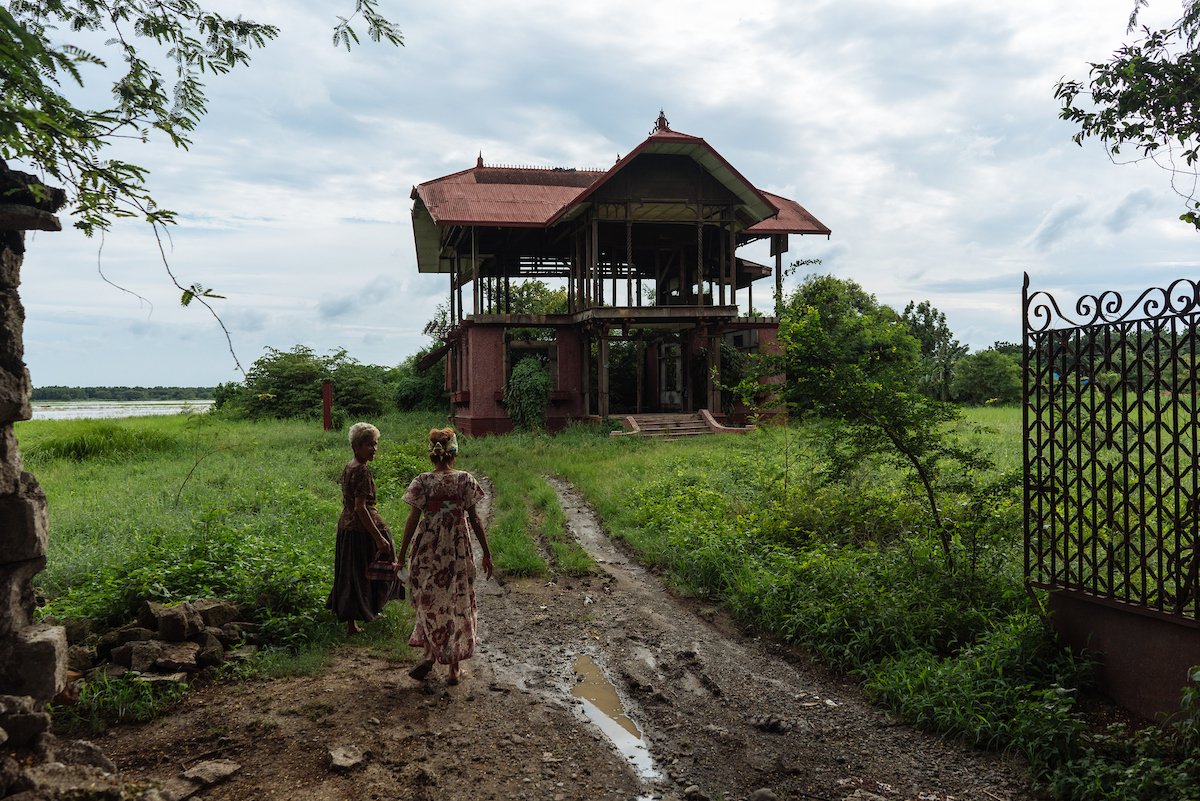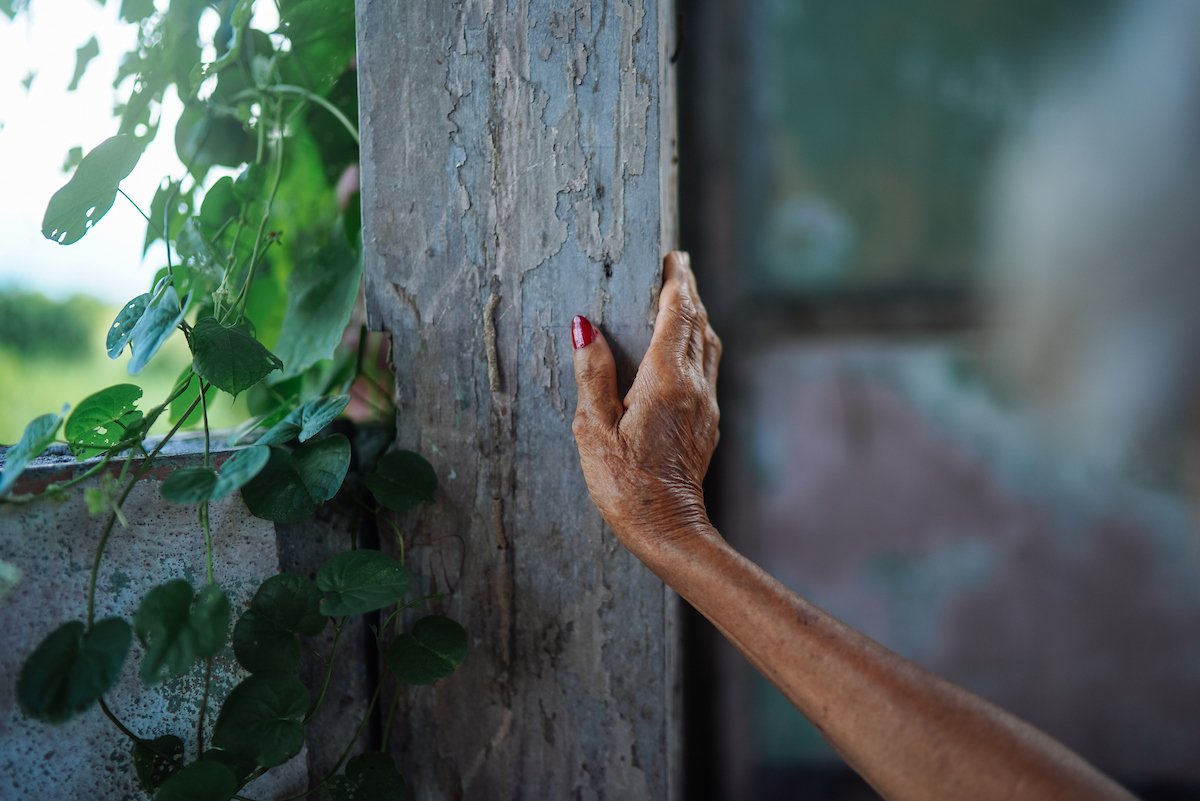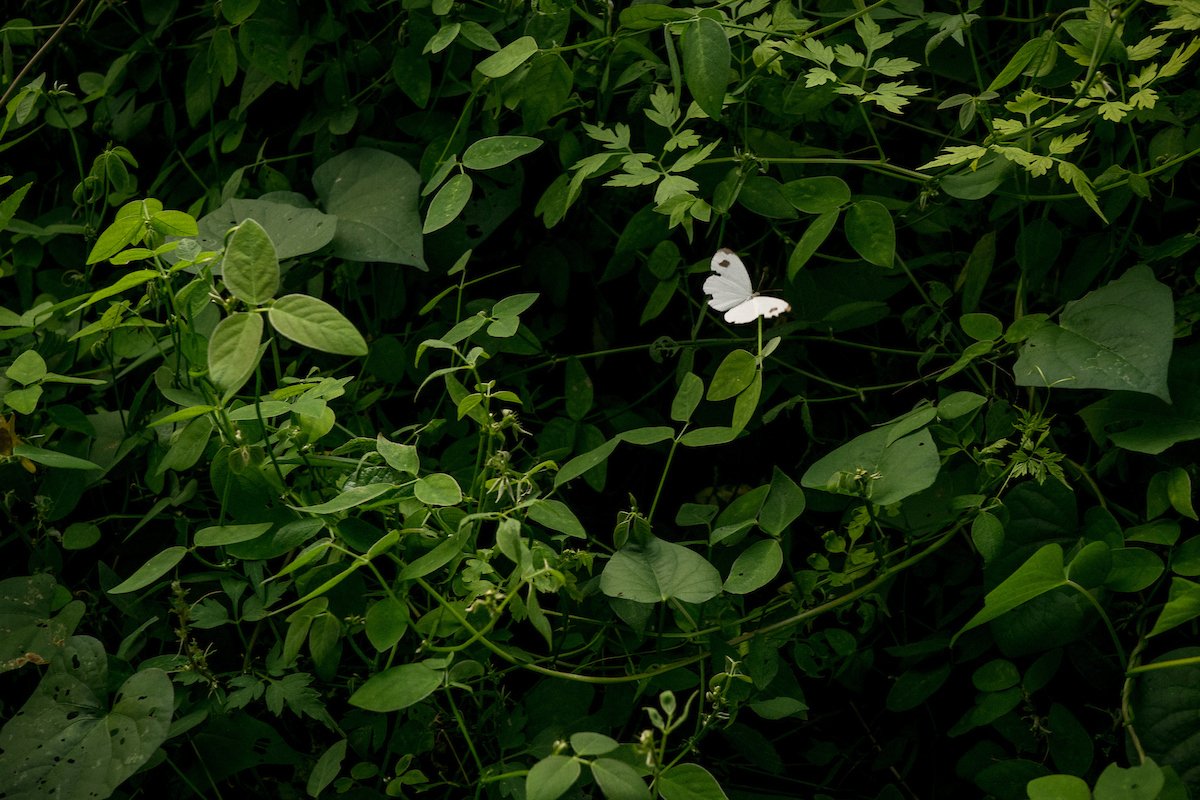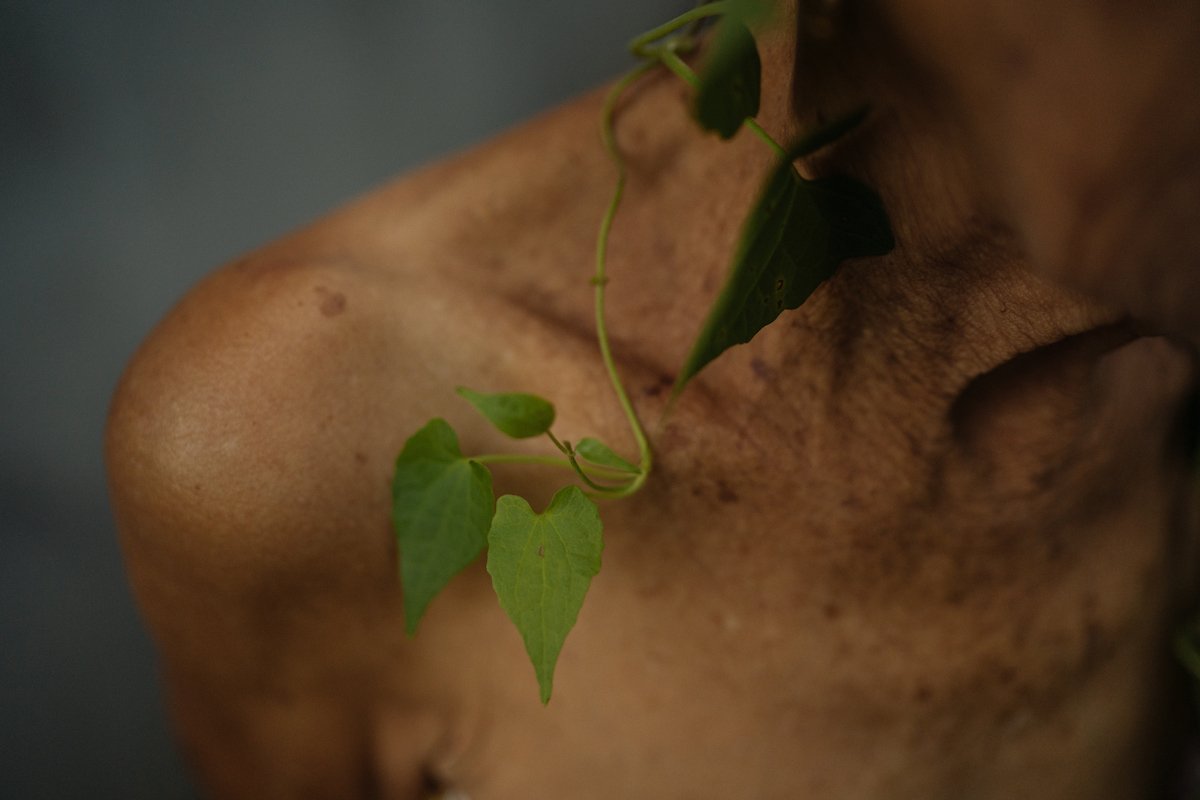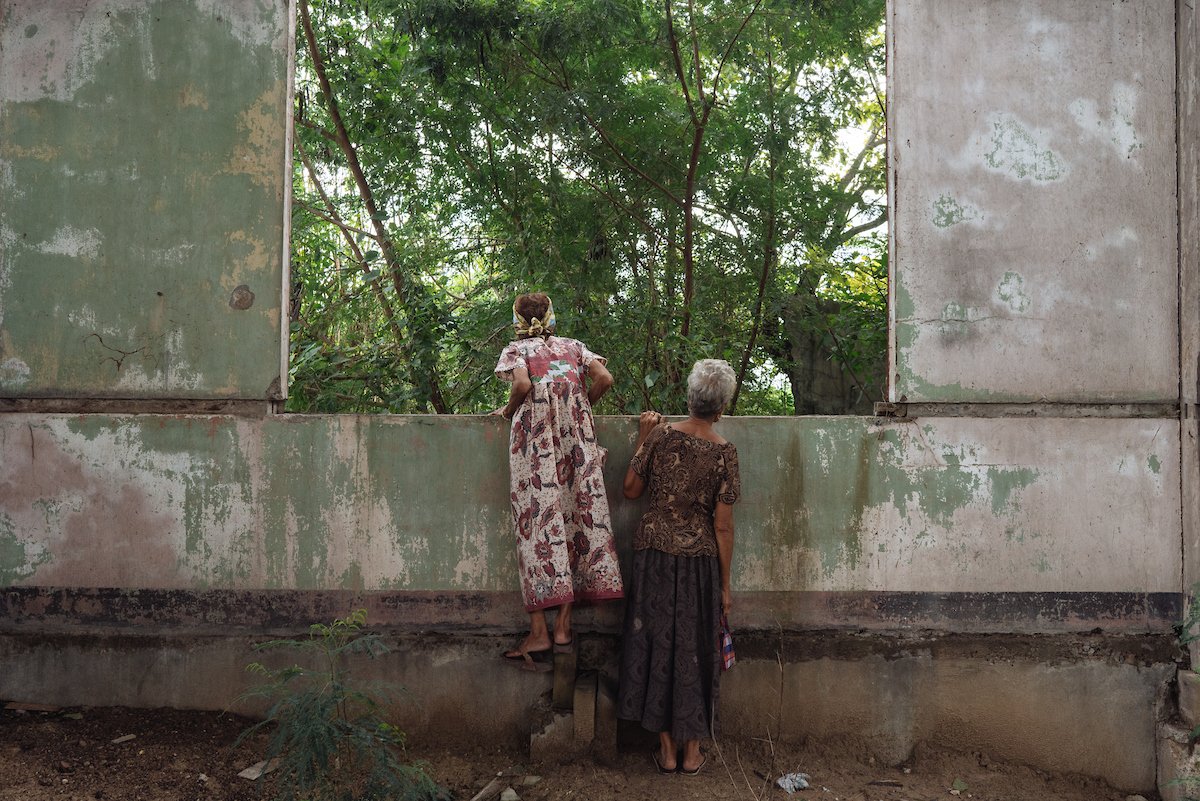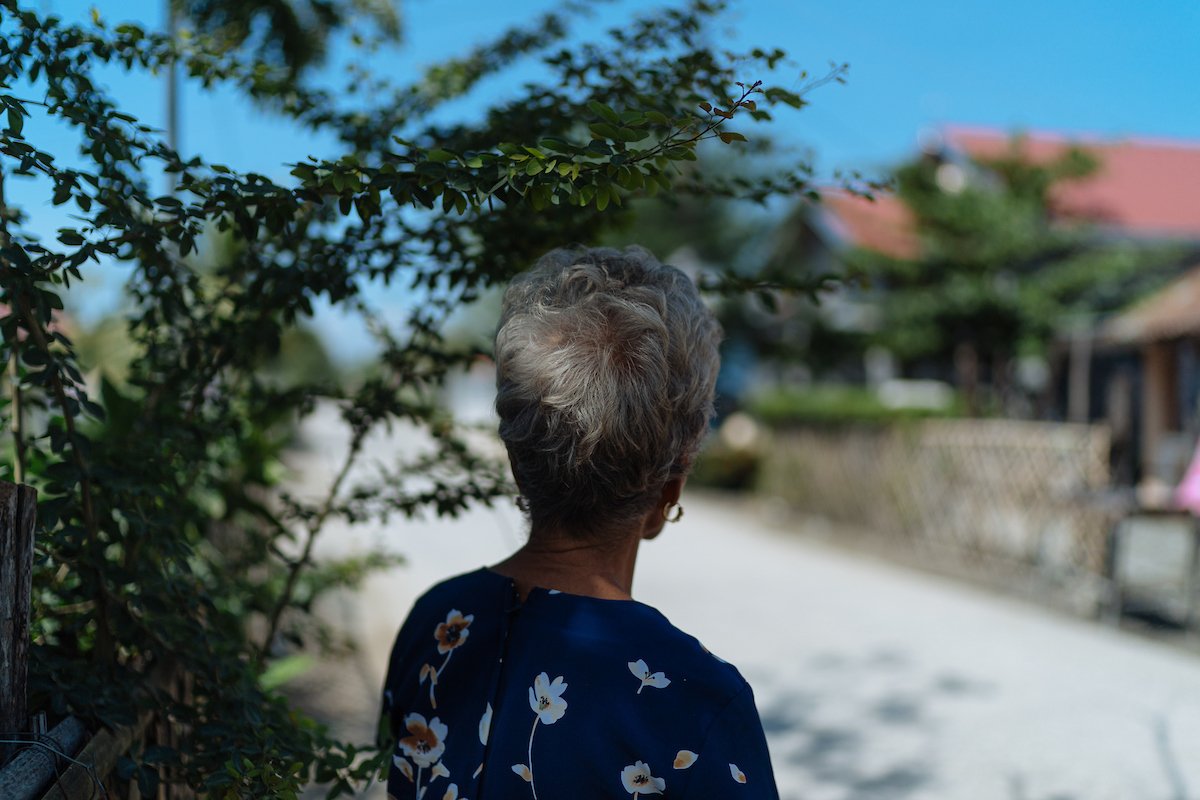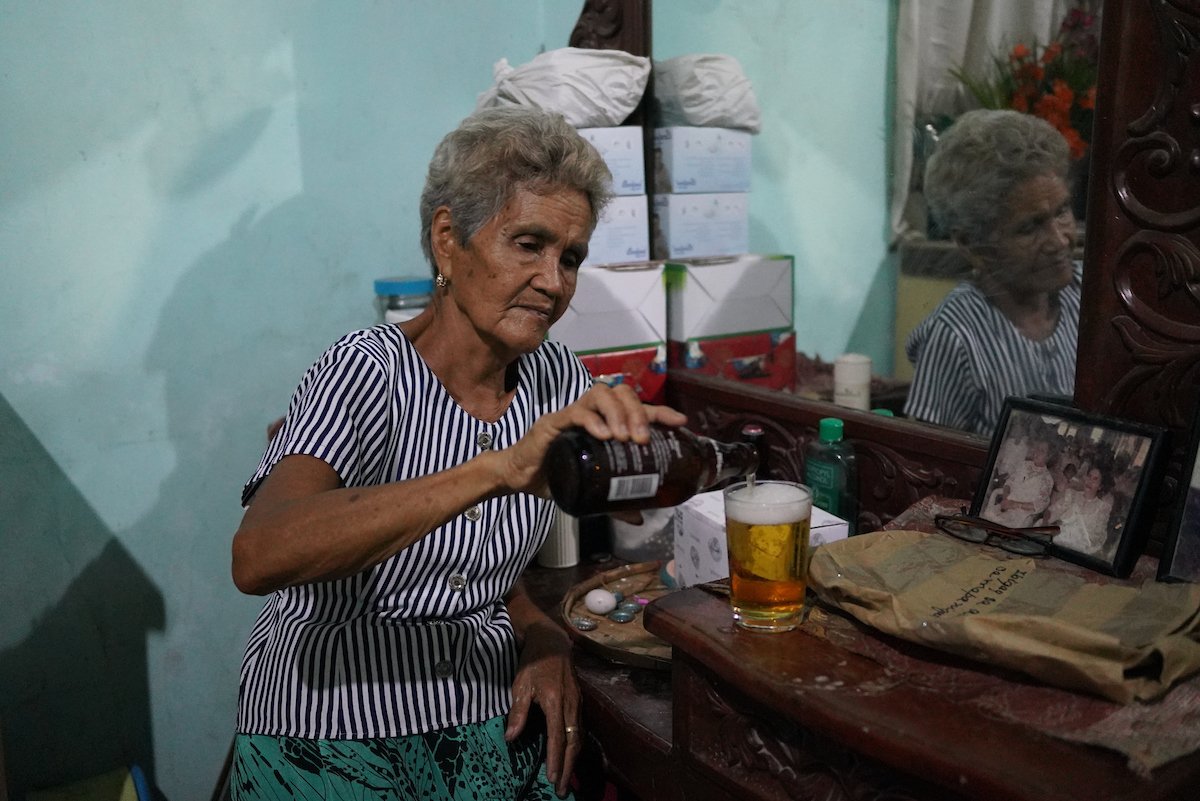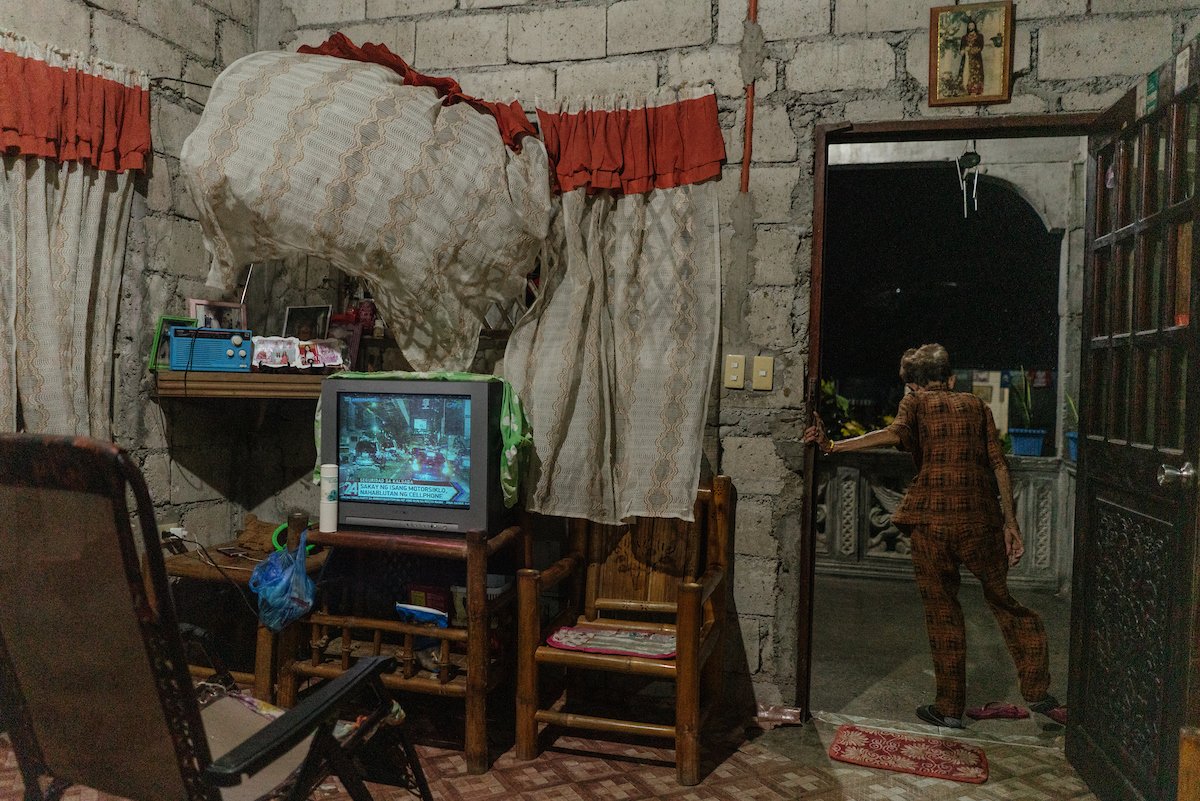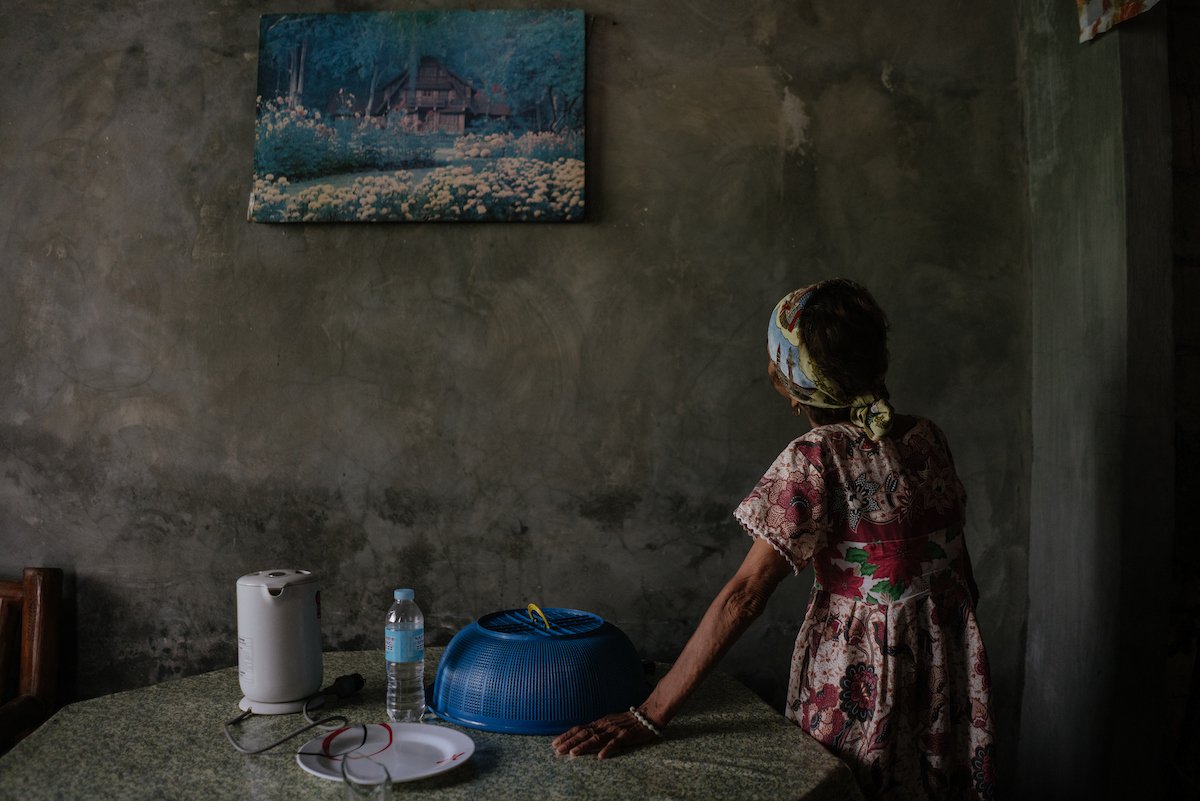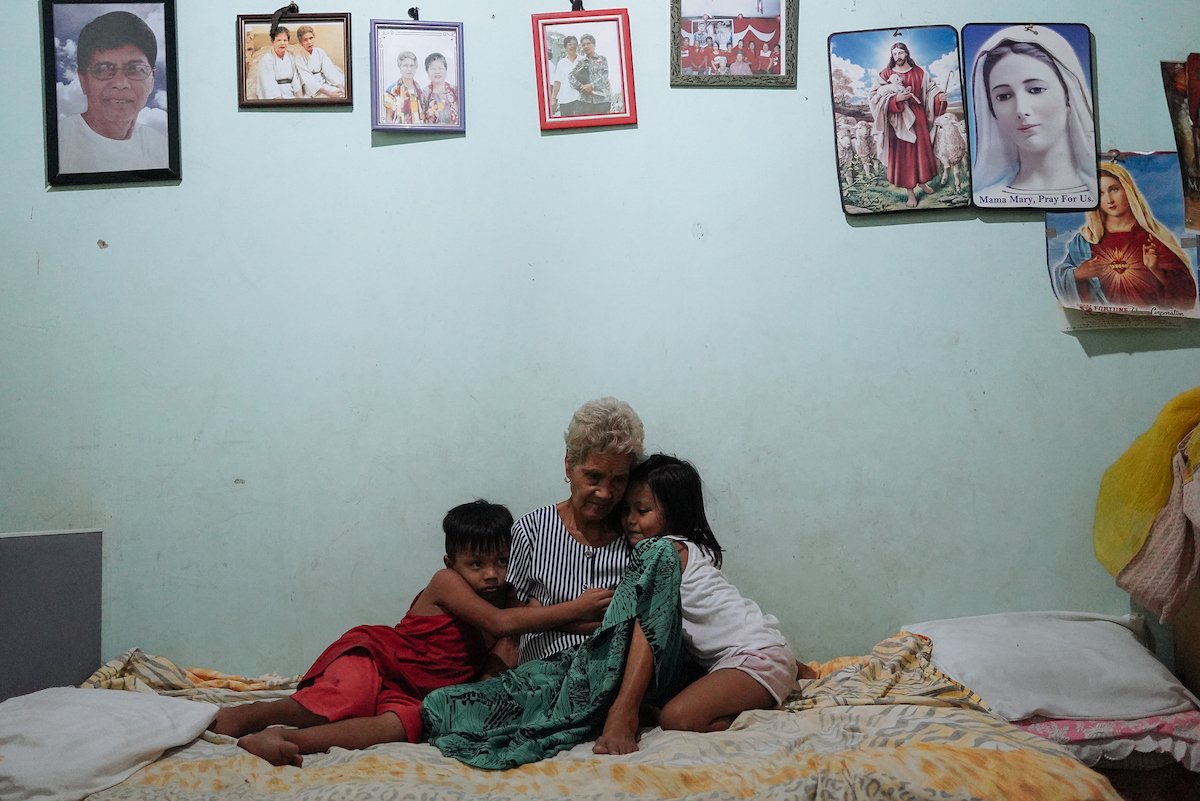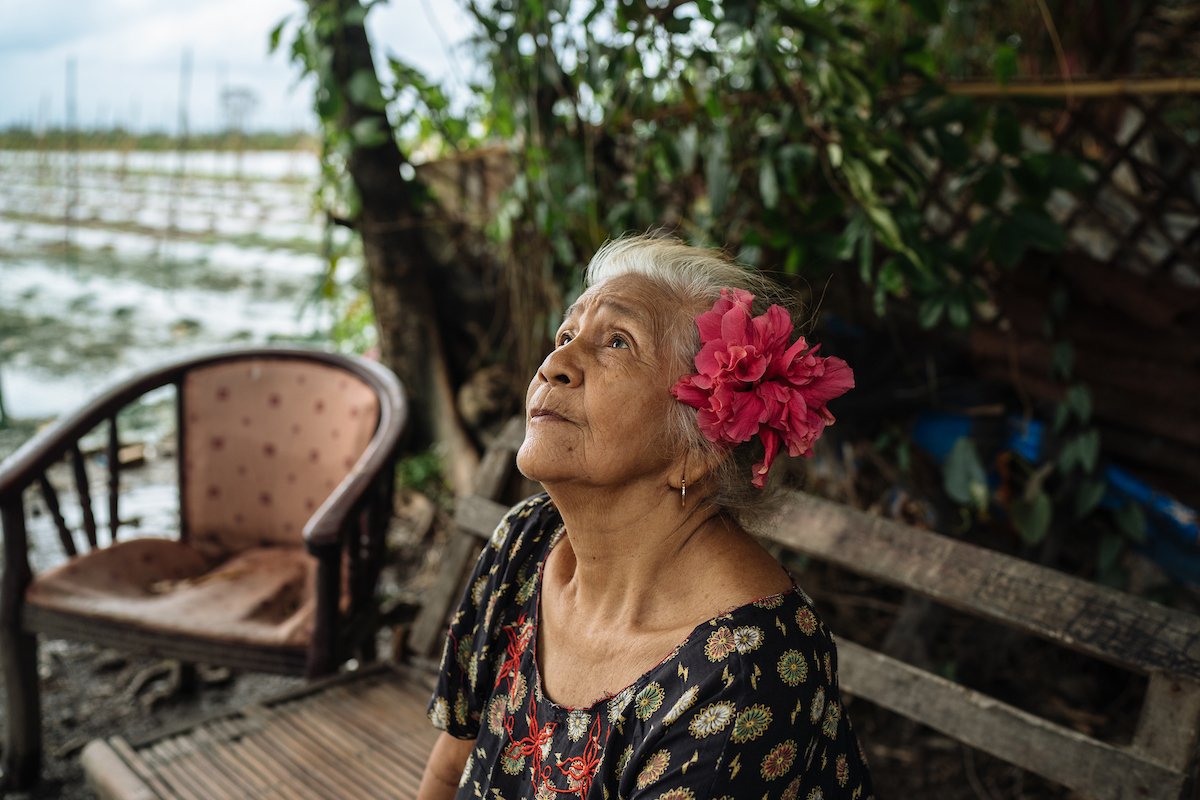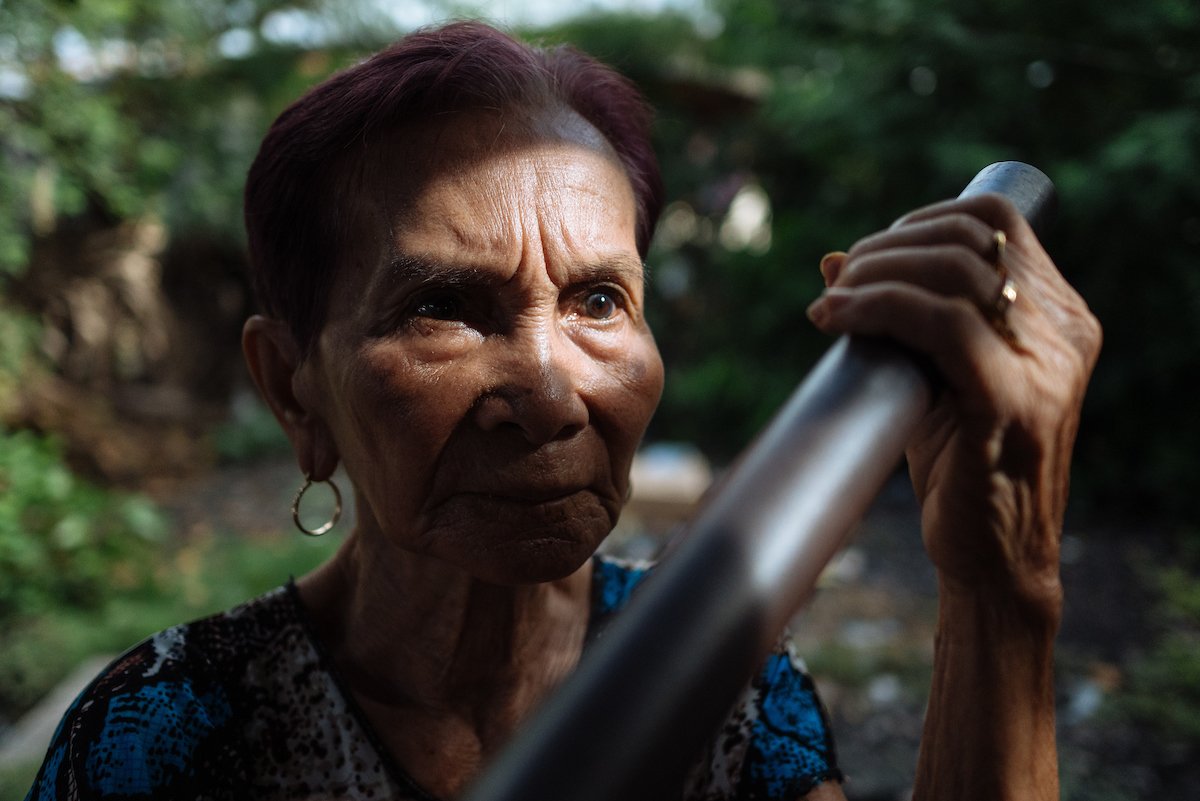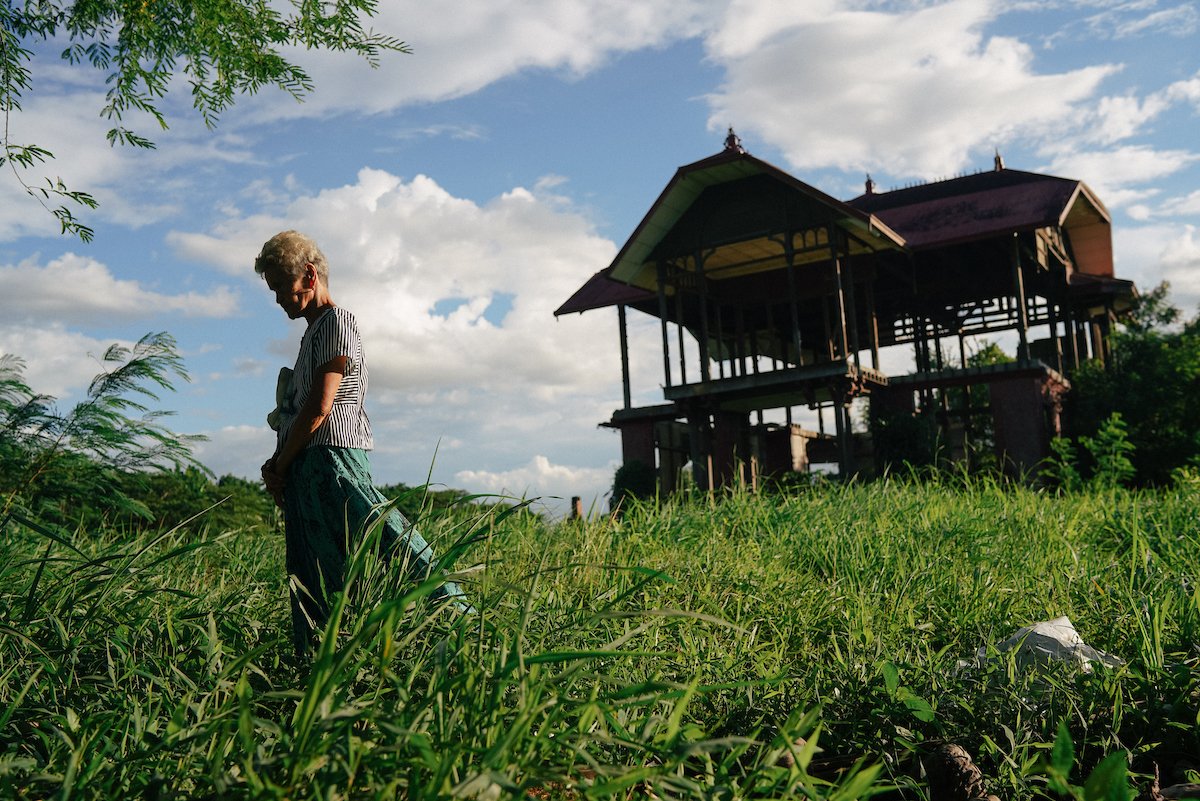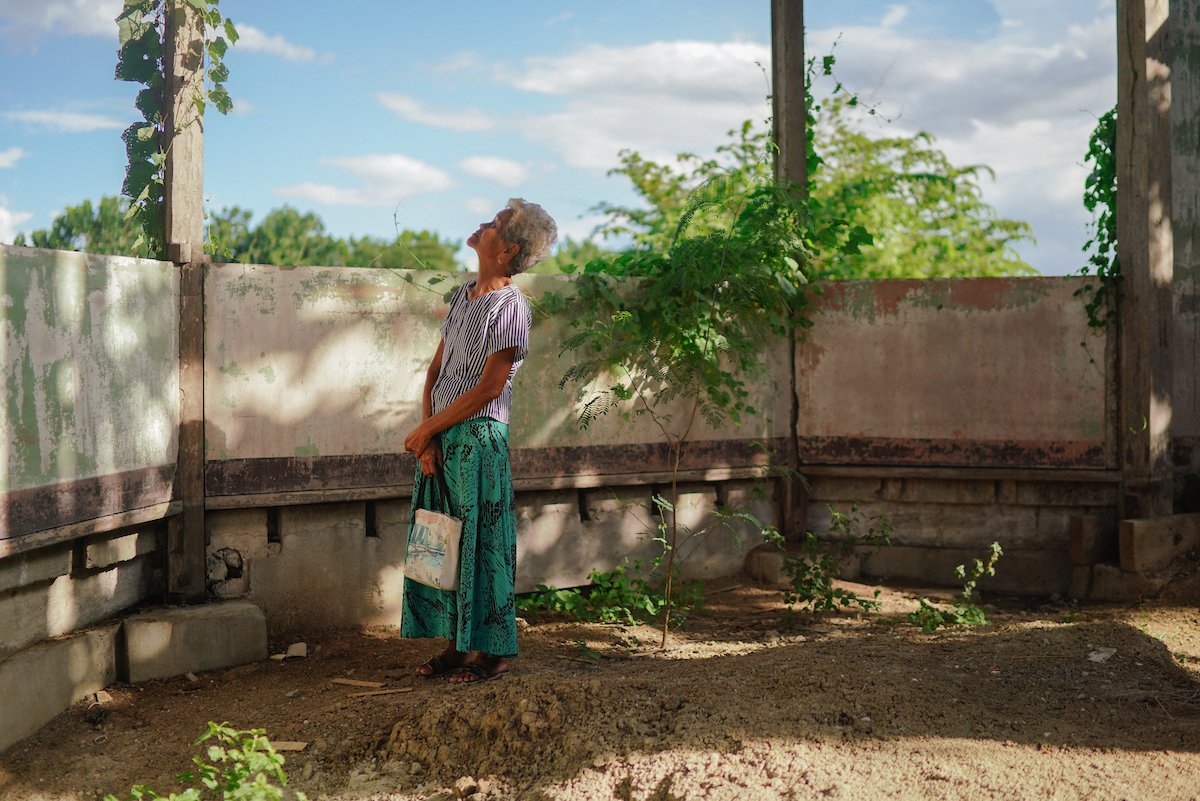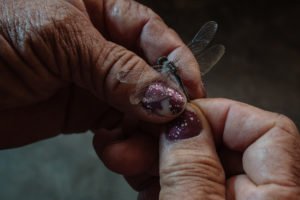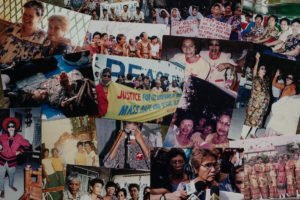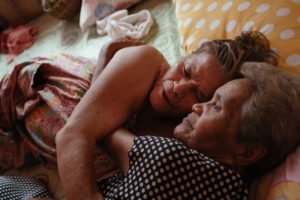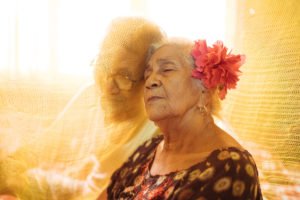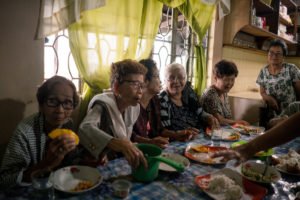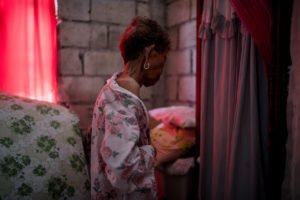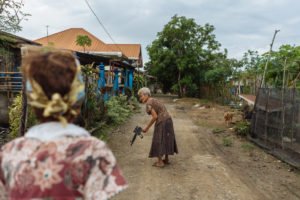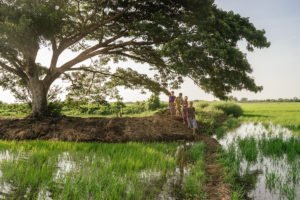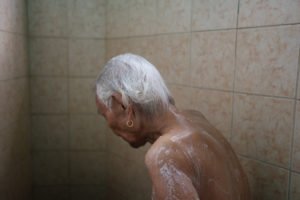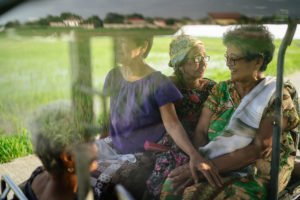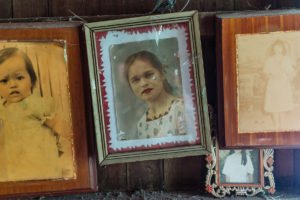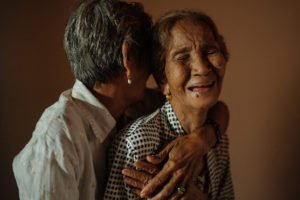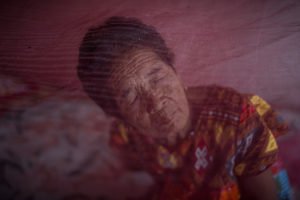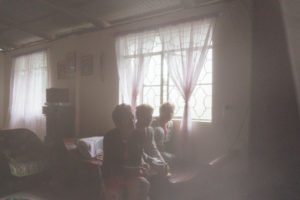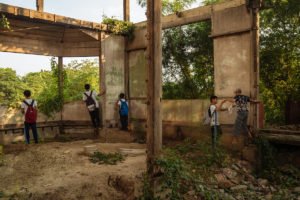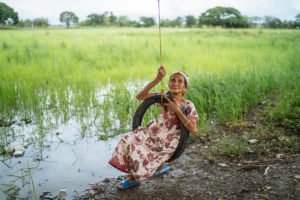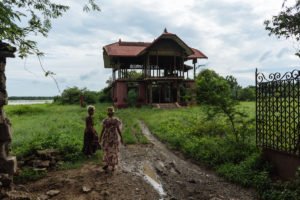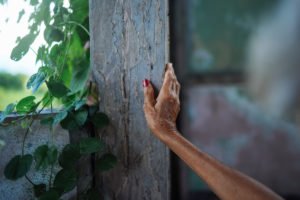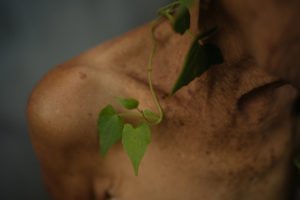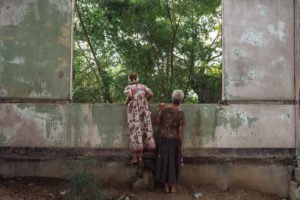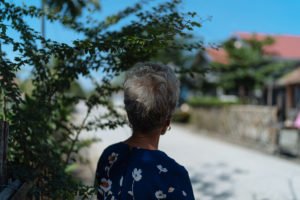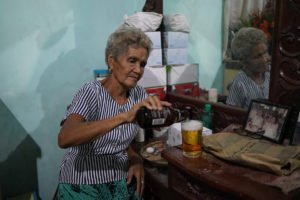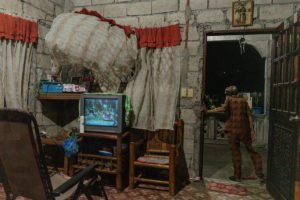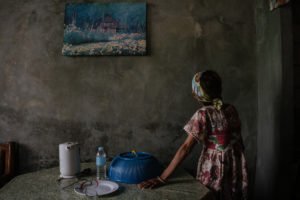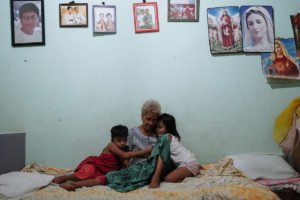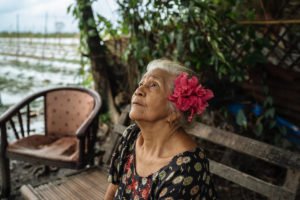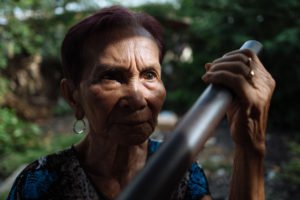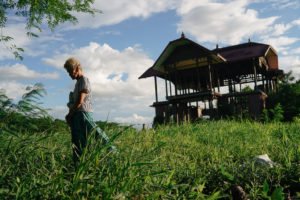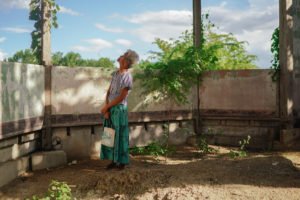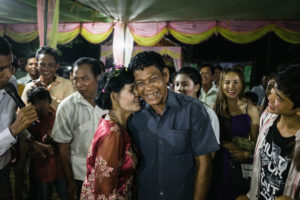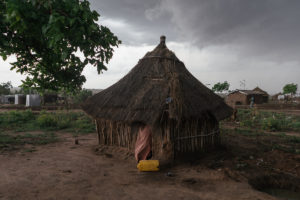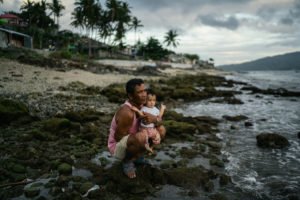- Activities
MAPS is a collective effort proposing new ways and approaches of storytelling to address the world's changing environment and societies.
MORE- Works
- Cultural
- Education
- Collective projects
- Members
MAPS brings together various dedicated professionals who want to start a new adventure and learn from each other in the process.
MORE- Photographers
- Creatives
- Contributors
- Foundation
Series
Roots from Ashes
Hannah Reyes Morales
They call themselves the Malaya Lolas. Grandmothers of Freedom. They found each other after decades of silence. Once they gathered, the stories began to flow.
Almost 75 years ago, their town called Mapanique, north of Manila, was pillaged by Japanese soldiers. The men were tortured, some were castrated, and then killed. The women and girls, some as young as 9, were taken to what is known as ‘The Red House,’ where they were held, and repeatedly raped under Japan’s ‘comfort women’ regimen of inflicting sexual violence as a weapon of war. For the Grandmothers of Freedom, their deepest trauma happened on the same day, in the same place.
It took 50 years for the first comfort woman to come out publicly, and hundreds more followed suit across the Philippines. ‘Japan has sincerely addressed the issue of comfort women,’ reads a headline in a local newspaper, from an article written by a Japanese minister, citing how they have compensated 211 women. But there are at least one thousand comfort women, and no known numbers for how many more women were victims of mass sexual violence. None of the Malaya Lolas have received recognition nor compensation.
In 2004, the Malaya Lolas filed a petition asking the Philippine government to bring a claim against Japan. Our own government denied this petition, and denied it repeatedly.
To honor comfort women, a statue was erected by the Manila Bay in 2017. Later on, the Department of Foreign Affairs sent an ‘extremely urgent’ letter to the Manila City Hall, demanding an explanation. Japanese officials expressed their dismay over the statue. ‘You can place it somewhere else,’ Rodrigo Duterte said. ‘So far as I’m concerned, that (issue) is already finished.’ The statue was quietly removed months later.
A high profile organization of comfort women / activists called Lila Pilipina exists in the capital city of Manila. But little is known about the ‘Malaya Lolas,’ who are from the province. From the original 90 women, only 28 are alive. Their trauma, and their now aging bodies, have been caught in the web of bureaucracy and bilateral relations for decades.
Today, they live as neighbors in a town not far from the site where they were repeatedly raped.
This project seeks to explore the lasting impact of sexual violence. The Malaya Lolas offer us valuable insight, as they offer 28 different perspectives of one mass rape. Without recognition from the government, without access to support, and without structures for justice, this project seeks to engage how women create safe spaces to make sense of their severe trauma. The project also aims to explore how healing and trauma evolves as people approach the final years of their lives. It also seeks to look at how sisterhood and friendship forms after shared suffering.
For these grandmothers, the war did not end when the US arrived, concluding the Japanese occupation. The war began in their bodies, and they continue to fight.
